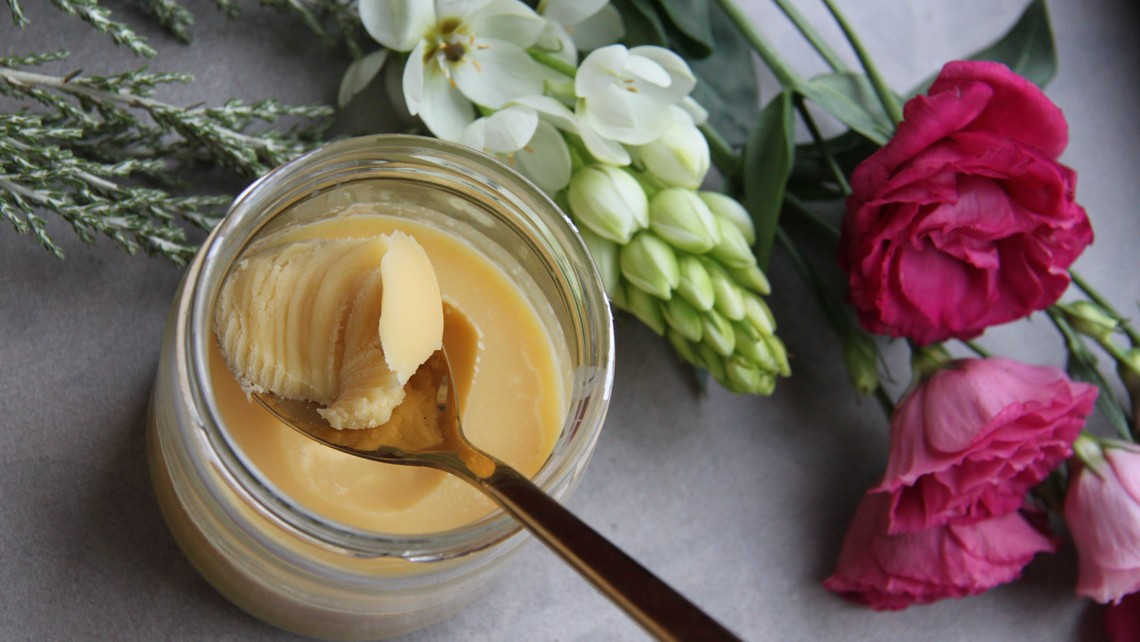Is There Truth Behind These Old Wives’ Tales?

If you’re really into history, perhaps you’ve read about some of the bizarre medical treatments used by physicians “back in the olden days,” such as the doctor-recommended cigarettes prescribed in the late 19th and early 20th centuries for the treatment of hay fever, head colds, canker sores, bronchial irritation, foul breath and — wait for it — asthma.
Obviously, physicians no longer recommend smoking cigarettes… at all. But the cigarette anecdote got me thinking, it might be fun to look at some other medical practices or beliefs that have been passed along through “old wives’ tales,” in other words, through folklore, unverified claims, and superstitions. Then, we can examine whether or not there is any truth behind the claims, according to modern medicine.
Shall we?
Belief #1:
Spicy foods will give you stomach ulcers.
Doc Says:
Although spicy foods can indeed upset your stomach and/or irritate your digestive tract (as well as make your eyes water and your lips sting!), they don’t typically cause ulcers.
Gastric Ulcers such as those in your stomach or duodenum, are often caused by helicobacter pylori bacteria. They may also form due to extended use of pain relief medications. Other causes include overconsumption of alcohol, tobacco, or caffeine. Skin ulcers may be caused by prolonged bed rest and diabetes.
If you commonly experience digestive problems, you might want to watch the quantity of spicy foods you consume as too much can be upsetting. Instead, try foods rich in probiotics, fiber, Vitamin A, and Vitamin C.
If you can handle the hot stuff, studies show that spices can be quite beneficial when consumed in appropriate quantities; they contain antioxidants and improve blood circulation.
Belief #2:
Chicken soup is a cure-all for colds and the flu.
Doc Says:
Chicken soup, while definitely not a cure-all, definitely brings warmth and comfort — as well as protein and nutrients — when you’re feeling under the weather.
The carrots, celery, and onions contain Vitamin C and Vitamin K. The broth will hydrate you, and the steam from the warm bowl will likely help to break up stubborn mucus. While the protein from the chicken does contribute to faster healing, plain hot vegetable broth may also be helpful. The salty broth or soup may also soothe a sore throat. Of course, quality can matter. Chicken soup made will real bone broth and organic ingredients will deliver more nutrition and greater benefits.
So, if any of these comforting benefits sound good when you’re sick, then by all means, start sipping!
Belief #3:
If you swallow gum, it will stay in your stomach/intestines for seven years!
Doc Says:
This tale was probably circulated by concerned parents who didn’t want their littles to choke on gum.
The truth is, if you do happen to swallow your gum, it probably won’t remain in your body for more than seven days, much less seven years. Though we have seen some interesting things while patients are doing colonics the gum will usually pass through.
Just like the fiber base of raw vegetables, your body cannot actually digest gum. Humans don’t have the specific digestive enzymes necessary to break down the gum base. Further, because of the liquid the gum won’t stick to wall of your stomach wall or intestinal tract. It basically just exits your body in the same way as the rest of your digested food: through excretion.
Belief #4:
Cranberry juice is an effective treatment for urinary tract infections.
Doc Says:
Although more research is necessary to determine the degree of effectiveness, the consumption of cranberry juice is often helpful in treating urinary tract infections.
The cranberry helps to prevent the E. coli, which cause the infections, from sticking to the urinary tract walls. A word of caution: The cranberry juice must be pure, without any added sugar; the sugar will actually worsen the infection. Since straight cranberry juice is extremely tart, I advise my patients to consume their cranberry juice diluted in water or in the form of “cranberry pills,” which are simply encapsulated cranberry juice concentrate. Another option is to mix cranberry juice with pure blueberry juice which may also be similarly helpful and improves the taste. Also, simply increasing water intake may be helpful. While cranberry or water alone may not be enough to resolve all urinary tract infections, we have found a combination of our physiotherapies and herbal blends to be highly effective in resolving infection.
What other health-related “old wives’ tales” have you heard, or perhaps you’ve told them to your own children? Let’s keep the fun going in the Comments section!


